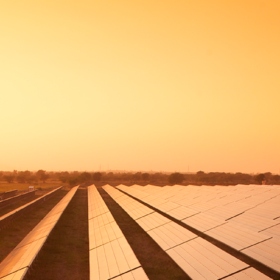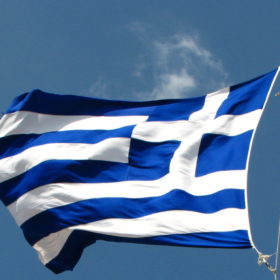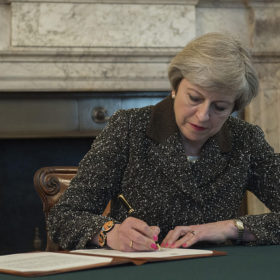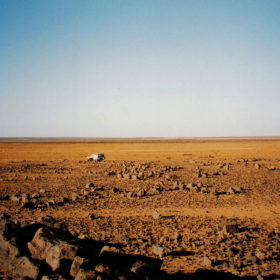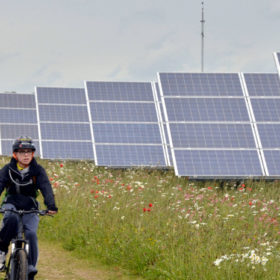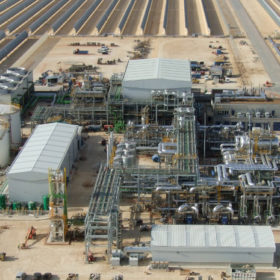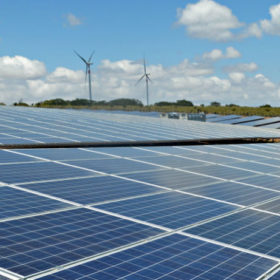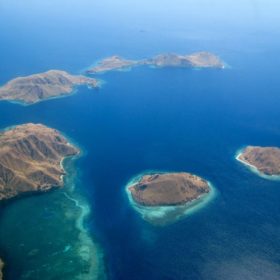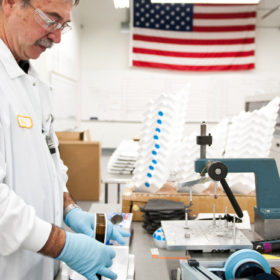Solar tariffs in India tumble to another new record low
The latest 500 MW tender by the Solar Corporation of India (SECI) drove the tariffs under INR 2.50 ($ 0.038), making solar cheaper than fossil fuel-generated power.
Greece applies virtual net metering
Greece’s environment and energy minister has approved the country’s virtual net metering provisions. This is a policy step towards the right direction, however it is not expected to have a significant effect on Greece’s PV installations any time soon.
India’s tariffs sink lower
A downward trend for the solar tariffs in India continues, with a new record low produced in a tender for a 50 MW solar power plant in Rajasthan.
Brexit: Chatham House spells out complexities of UK’s energy relationship with EU
Unpicking the energy ties that bind the U.K. and European Union will prove a monumental task, says Chatham House, requiring immediate insight into which relationships can be salvaged and how a new level of integration can be reached.
Jordan’s thriving net metering PV sector welcomes new 16.5 MW system
A few days after reporting on Jordan’s largest net metering PV system of 17 MW capacity, it appears that a new system of just 500 KW less capacity is also under way. Jordan’s commercial net metering PV sector appears to be on an encouraging upward trajectory.
Minnesota’s solar market is growing fast (with chart)
Minnesota installed 203 MW-DC of solar during the first quarter, adding to 207 MW deployed in 2016. The state is expecting to reach more than 800 MW of installed capacity by the end of this year.
Spain loses its first renewable energy case in international courts
Spain must pay €128 million for cuts to compensation for concentrating solar power (CSP) plants as ordered by the World Bank’s ICSID, where many other cases for investors in solar PV and other renewable energy projects are pending.
Brazil assesses potential of hybrid solar-wind power plants
The assessment was conducted by Brazil’s energy agency Empresa de Pesquisa Energética (EPE). These projects are expected to be particularly suitable to regions with a low degree of grid integration.
Indonesia: new policy scheme and PV projects
Indonesia recently brought in a new renewable energy law that changes the remuneration tariffs for renewable energy projects, including solar PV systems. Furthermore, the country’s state-owned utility recently signed agreements for new photovoltaic capacity.
BREAKING: Suniva petition could start new global solar trade war
Today Suniva filed for relief under a little-known act that could exempt the United States from global trade agreements and allow President Trump to take trade action against solar imports from multiple nations. Suniva is asking for a minimum import price of US$0.78 per watt for modules and $0.40 for cells.
